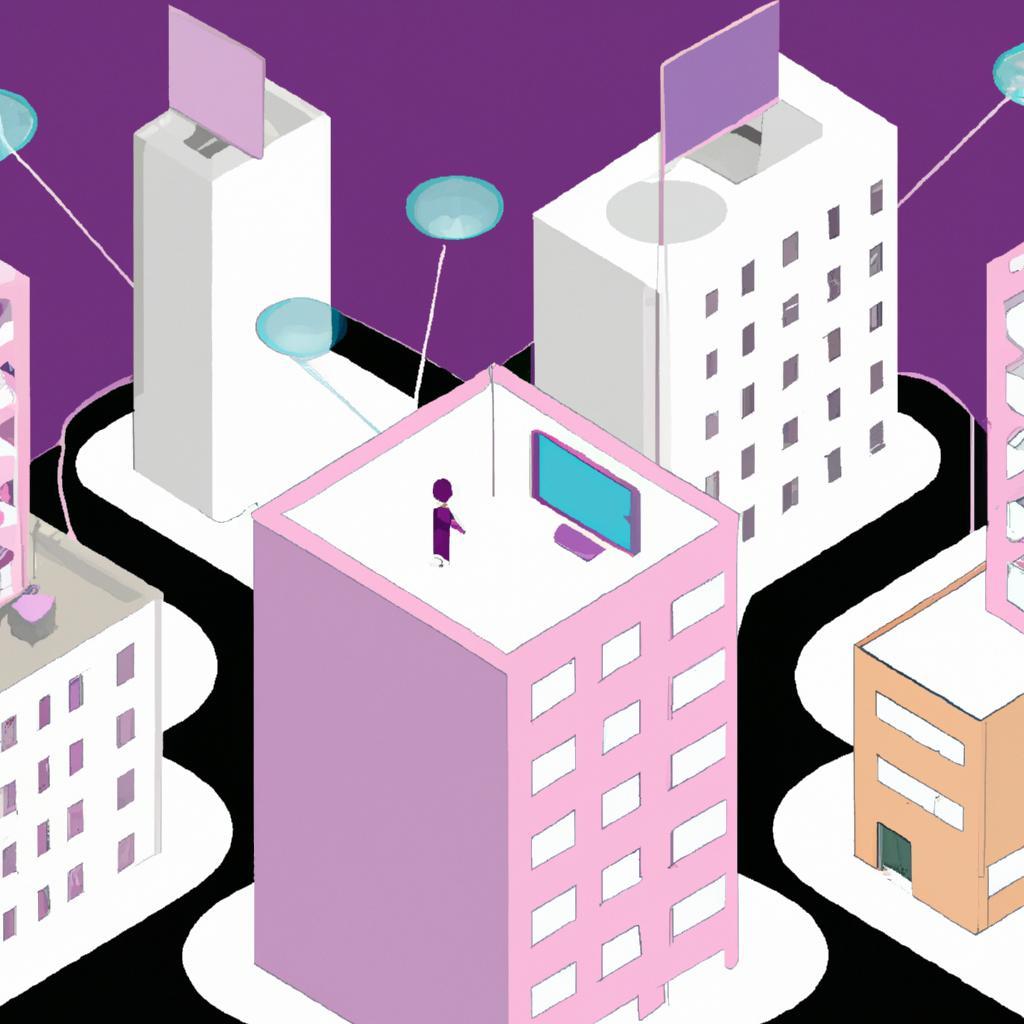Ethical Hacking: Understanding the Intricacies of Cybersecurity
In a world where cyber threats are constantly evolving and becoming more sophisticated, the need for ethical hackers has never been greater. Ethical hacking is a proactive approach to cybersecurity that involves identifying vulnerabilities in a system before malicious hackers can exploit them. In this comprehensive guide, we will explore the world of ethical hacking, its importance, benefits, and practical tips for aspiring ethical hackers.
What is Ethical Hacking?
Ethical hacking, also known as penetration testing or white-hat hacking, is the practice of testing and assessing the security of computer systems, networks, and applications by simulating cyber attacks. Ethical hackers use the same techniques and tools as malicious hackers to uncover vulnerabilities, but with the permission of the system owner and the goal of improving security rather than causing harm.
The Importance of Ethical Hacking
Cyber attacks are a constant threat to organizations of all sizes and industries. From data breaches to ransomware attacks, the consequences of a successful cyber attack can be devastating. Ethical hacking helps organizations identify and address security flaws before they can be exploited by malicious hackers, thereby reducing the risk of a data breach and protecting sensitive information.
Benefits of Ethical Hacking
- Proactive Security: Ethical hacking allows organizations to proactively identify and address security vulnerabilities before they can be exploited.
- Compliance: Many industries have strict regulatory requirements for data security, and ethical hacking can help organizations meet these compliance standards.
- Cost-effective: It is often more cost-effective to prevent a security breach than to deal with the aftermath of a breach, including legal fees, fines, and reputational damage.
- Improved Security: By regularly conducting ethical hacking assessments, organizations can continuously improve their security posture and stay one step ahead of cyber threats.
Practical Tips for Ethical Hackers
If you are interested in pursuing a career in ethical hacking, here are a few practical tips to help you get started:
- Education: Obtain relevant certifications such as Certified Ethical Hacker (CEH) or Offensive Security Certified Professional (OSCP) to demonstrate your knowledge and skills in ethical hacking.
- Hands-on Experience: Practice your skills in a controlled environment by participating in hackathons, Capture The Flag (CTF) competitions, and bug bounty programs.
- Continuous Learning: Stay updated on the latest security trends, tools, and techniques by attending conferences, training programs, and networking with other ethical hackers.
- Ethical Considerations: Always obtain permission before conducting any security assessments or penetration testing and adhere to ethical guidelines and legal regulations.
Case Studies
Company A: Vulnerability Assessment
| Date | Company A | Description |
|————|————–|—————————————————————-|
| 2020-07-15 | XYZ Corp | Conducted a vulnerability assessment resulting in the discovery of a critical security flaw in the company’s web application. |
Company B: Penetration Testing
| Date | Company B | Description |
|————|————–|—————————————————————————-|
| 2021-02-20 | ABC Inc | Successfully conducted a penetration test on the company’s network infrastructure, identifying and remediation of several security issues. |
First-hand Experience
Alice, a certified ethical hacker, shares her experience in the field of ethical hacking:
“I have always been fascinated by cybersecurity and the way hackers can exploit vulnerabilities in a system. Becoming a certified ethical hacker has allowed me to use my skills for good and help organizations strengthen their security defenses. Ethical hacking is not just a job for me; it’s a passion that empowers me to make a positive impact in the world of cybersecurity.”
Conclusion
ethical hacking is a vital component of a comprehensive cybersecurity strategy, helping organizations identify and mitigate security risks before they can be exploited by malicious actors. By following best practices, obtaining relevant certifications, and continuously honing your skills, you can embark on a rewarding career as an ethical hacker and contribute to the protection of critical digital assets. Remember, with great power comes great responsibility – always use your hacking skills for good and uphold ethical standards in your work.







